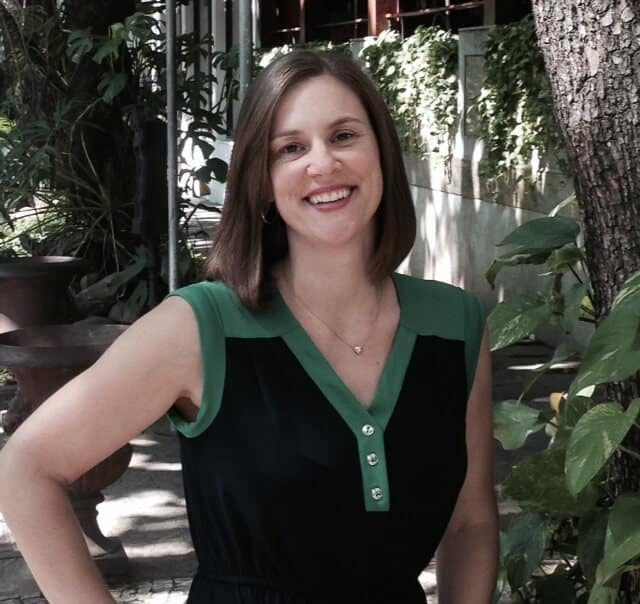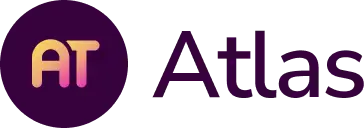Written by Elizabeth Clarkson, Ed.D
“You can never be overdressed or overeducated.” — Oscar Wilde
Ask any school leader and they will agree: Professional learning is a never-ending cycle and significant time should be spent in developing long-term strategic plans for supporting teachers in their professional growth and development. Along with gathering teacher input, successful school leaders are creative in their use of resources.
They are always looking for ways to connect past, present, and future professional threads throughout school years. Like teachers, they should enjoy the moments of challenge and success at the end of a school year, but school leaders should always plan the long game when planning professional learning.
Professional Learning: The Heart of School Improvement
Guskey (2002) explains that high-quality professional learning is at the heart of school improvement. As part of a school’s strategic improvement plan, school leaders are in a constant cycle of reviewing, revising, and improving their written curriculum. For more information about the “secret sauce” in professional learning around the curriculum development process, click here.
In our practical world of school budgets, time and financial resources are finite so strategic planning is essential if schools hope to move the needle on their goals and overall school improvement plans. Elmore (2002) offers a strong connection between strategic leadership and professional learning. He cites that strategic leaders are scanning the present and future for opportunities and one aspect of that process is strategically embedding professional learning. He writes:
The work of turning a school around entails improving the knowledge and skills of teachers – changing their knowledge of content and how to teach it – and helping them to understand where their students are in their academic development. You can’t improve a school’s performance, or the performance of any teacher or student in it, without increasing the investment in teachers’ knowledge, pedagogical skills, and understanding of students.
Knowing that professional learning is an essential component in a school’s strategic plan and advance planning is necessary, here are several practical considerations for school leaders when planning professional development for the upcoming school year.
1. Play the long game and connect to your long-term strategic plan:
- Develop a multi-year long-term plan for significant learning and major shifts in current practice that support your school’s strategic plan and the established goals.
- Within the long-term plan, create more short-term, measurable objects that can tracked and celebrated along the way.
- Avoid the temptation to jump from one topic to another driven by the latest education trends.
- Study the current research, analyze, and consider how it can support your work, but focus on the long-term plan that is specific to the goals your strategic plan has named as critical to the success of your school.
2. Be prepared to answer the tough questions:
- Teachers, like their younger learning counterparts, need to understand the bigger picture and intentionally connect to a professional learning plan.
- Questions such as “Why this, why now?” are fair to ask, and when school leaders consider these questions as they plan, professional learning becomes more focused and intentional.
3. Get input from staff:
- All plans benefit from buy-in and investment of their participants, and teachers can offer critical insight into their own learning needs.
- Teachers create meaningful learning environments for students; they have a unique perspective in identifying content, but also strategies and spaces that promote learning. Encourage them to help!
4. Be creative with your time, space and people resources:
- Be intentional about what opportunities are offered to whom and when. Does everyone need to attend all the sessions? Who are your teacher leaders and what are the practical ways they can they coach and support others?
- Full-day professional learning days are precious, so be strategic about ways to structure staff meetings, grade level meetings, or committee times.
- Rethink alternative ways to use substitutes and teacher assistants to free up specific groups for targeted tasks. Make that time count!
5. Use your existing structures well:
- Professional learning also involves preparing the digital platforms you currently use to allow teachers to focus on content. Using professional learning time to wait while logistics that are out of their control are handled is frustrating and leads to disengagement.
- For schools using the Atlas platform, consider the following questions in your initial planning to establish a productive process. For more information about individualizing teacher PD with Atlas, click here.
- Are all new teachers set up with appropriate log-in information and correctly assigned to courses?
- How will I support new teachers in their introduction to Atlas?
- Who are my teacher leaders and how will I support their continued growth and confidence in using and teaching others to use Atlas?
- Are my templates currently meeting the needs of our curriculum?
- Could they be customized to better reflect our school identity, values, and curriculum writing process?
6. Follow up and move forward. Don't miss the opportunities to use past events as springboards for future learning.
- The reflection and follow up actions should be part of any professional learning process. Consider these questions as starting points:
- How do teachers self-assess their progress on the success criteria established for the learning event or topic?
- What questions are keeping them from reaching that level of proficiency or achievement?
- How will follow-up support be offered to answer these questions, reteach skills, and encourage a safe place to use the “try and see what you learn” approach?
- Where are the connections to self, world, and others? Just as young learners need these connections, adults are more likely to remember, apply, and synthesize information they feel connected to.
- If professional learning is treated as one-off events, teachers are less likely to see the tools, strategies, and learning as useful. Too many one-off events can be frustrating to teachers who will begin to see professional learning time as disconnected and “just the latest thing we have to sit through.”
[box] FariaPD supports teachers and leaders around the world with hands-on, active and creative professional development experiences. Join one of our online or in-person professional development events, each designed to support the unique goals of your school or district. FariaPD is part of Faria Education Group, an international education company that provides services and systems for schools around the world including ManageBac, a curriculum-first learning platform, OpenApply, an online admissions service, and Atlas, a tailored curriculum management solution for schools. [/box]


